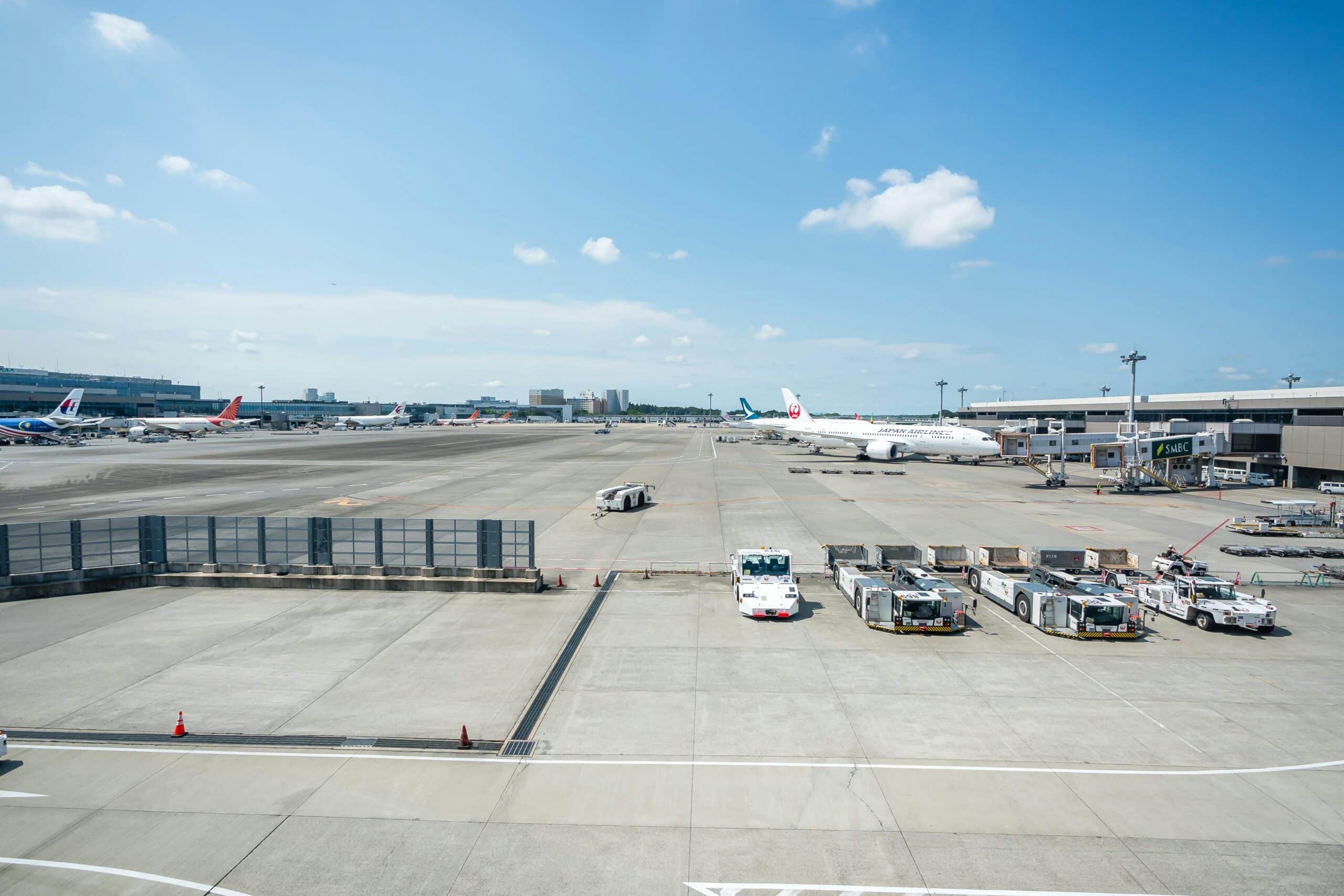The UK-Japan Comprehensive Economic Partnership Agreement (CEPA) came into effect on January 1, 2021. It was one of the first and most significant trade agreements following Brexit. Facilitating smoother, faster, and more cost-effective logistics, the agreement has significantly impacted air freight shipping between the two nations. But what does it actually mean for UK businesses considering trade with Japan?
The Benefits of the UK-Japan CEPA for Air Freight
Tariff-free trade
One of the most valuable elements of CEPA for UK businesses importing or exporting goods between the UK and Japan is that it means the majority of goods are exempt from tariffs. The only caveat is that they must meet the agreement’s rules of origin.
Simplified customs procedures
Customs clearance is one of the major international freight headaches. With CEPA at play, air freight from Japan to the UK – or the reverse – can be processed more quickly. This expediting of customs can be crucial for air freight, where time-sensitive deliveries are common. As an additional bonus, CEPA also allows a small consignment waiver for goods entering Japan from the UK. These goods must be valued under 200,000 Japanese Yen (£1033.40), removing the need for a statement of origin. This can be useful for small, urgent shipments.
Enhanced digital trade provisions
Another element of CEPA is the provision of advanced digital trade rules. This enables the free flow of data while maintaining high standards of personal data protection. These provisions support the logistics sector by facilitating electronic documentation and tracking systems. The ultimate impact is enhanced efficiency of air freight operations.
Reduced trade barriers
With reduced trade barriers, UK businesses have better access to the Japanese market. This can support increased transactions for importers and exporters
Things to keep in mind when sending air freight between Japan and the UK
- VAT and consumption tax – Regardless of CEPA, importers must pay Value Added Tax (VAT) in the UK and Consumption Tax in Japan, which can add to the overall cost of shipments.
- Rules of origin compliance – To benefit from tariff exemptions, goods must comply with the CEPA’s rules of origin. Proper documentation is essential to avoid delays or additional charges.
The UK-Japan CEPA has created a more favourable environment for air freight shipping. It’s reduced tariffs, simplified customs procedures, and enhanced digital trade capabilities. These improvements not only lower costs but also increase the efficiency of logistics operations. By understanding and leveraging the provisions of the CEPA, companies can optimise their supply chains and capitalise on new market opportunities.
Due you need support organising your company’s air freight between the UK and Japan? Get in touch to find out how Plexus Freight can help.


